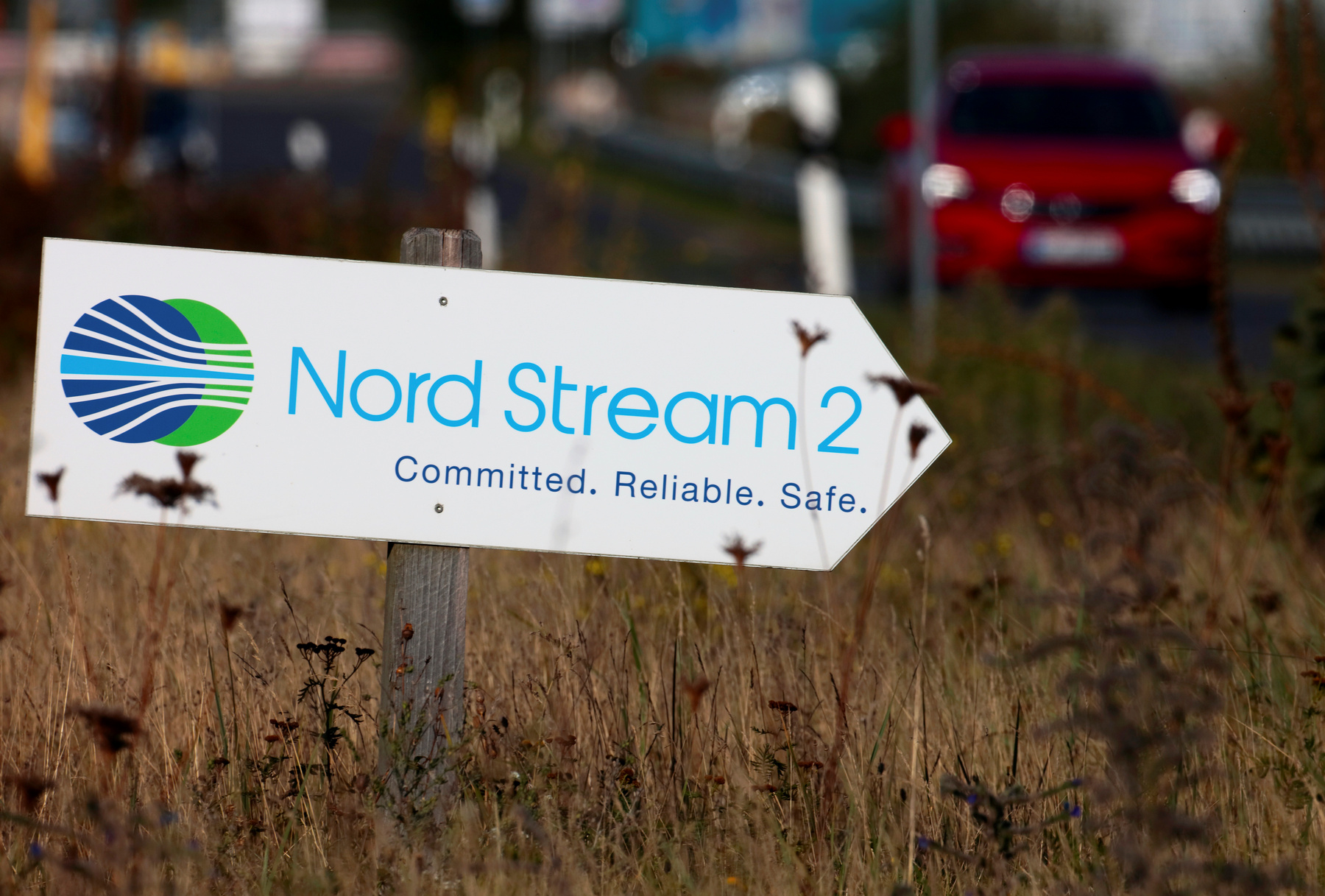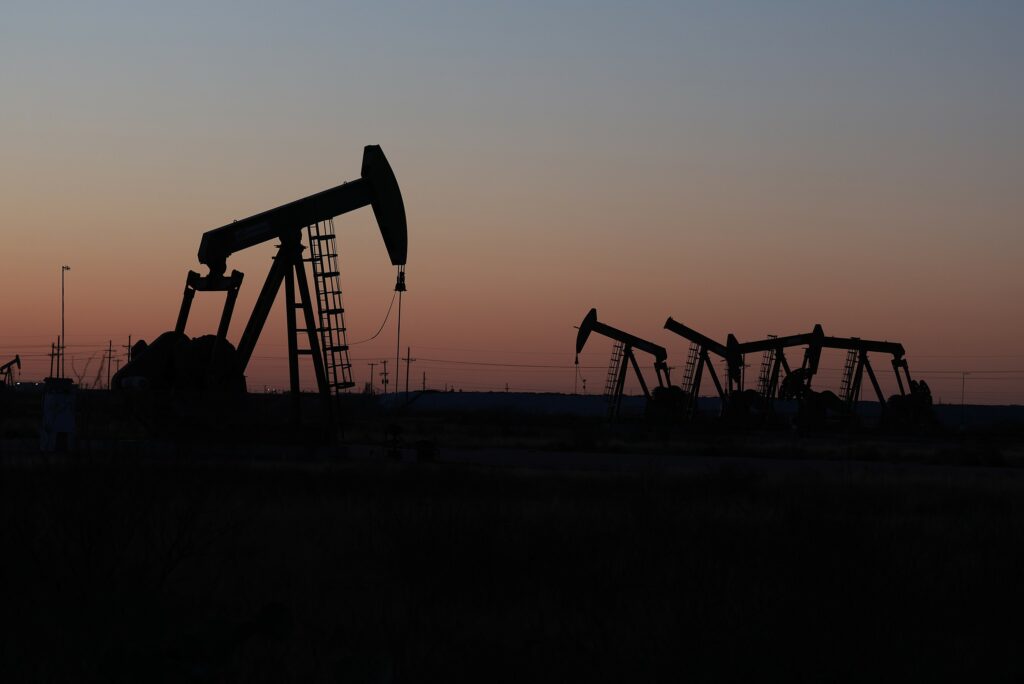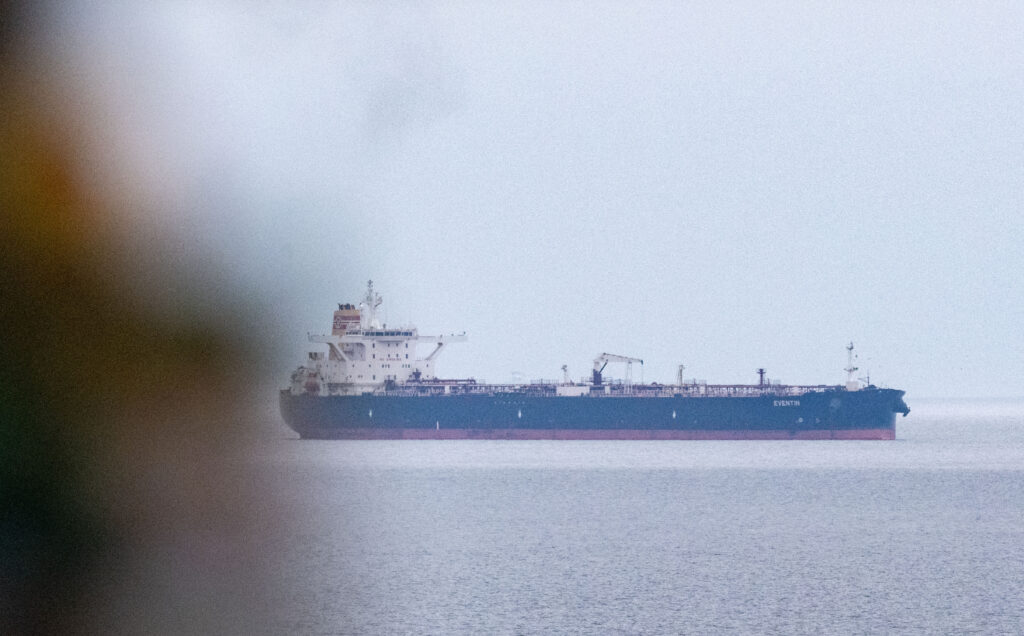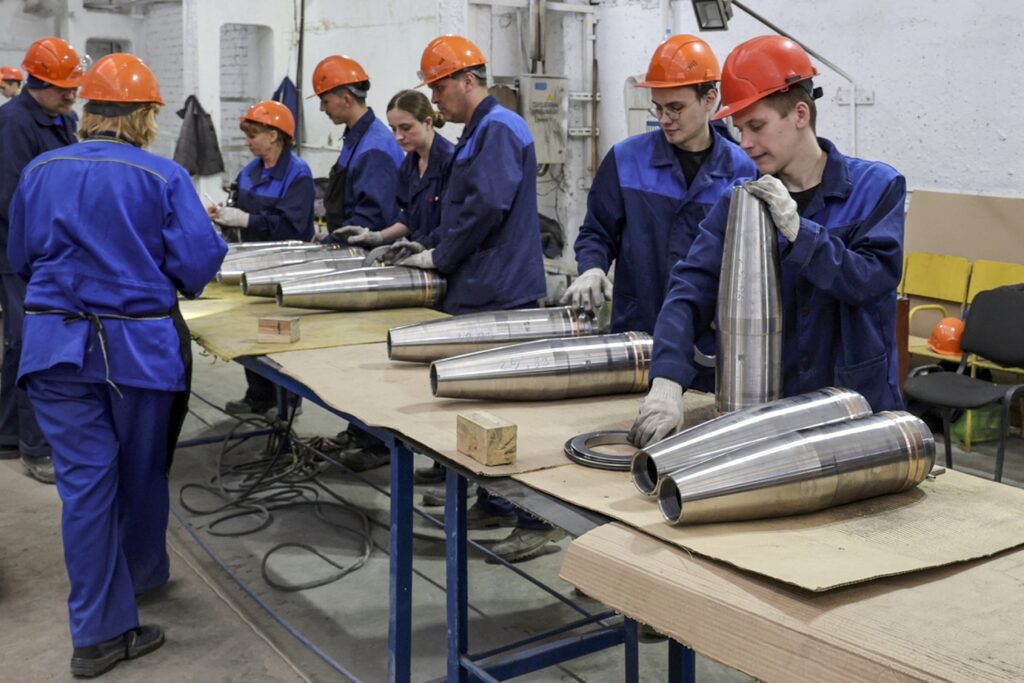It seemed that U.S. sanctions against foreign contractors involved in construction of the Nord Stream 2 pipeline, imposed in late 2019, came far too late and that nothing could stop the project. By that time, following two years of deliberations, Denmark had issued the final construction permit; the pipeline was 94% complete. Russian officials radiated optimism and gave assurances Gazprom would be able to complete the pipeline on its own, using the pipe-laying vessel Akademik Cherskiy, purchased by the company a few years earlier. Gazprom and President Vladimir Putin asserted that the U.S. sanctions would only delay the launch of the pipeline until late 2020 or early 2021, but would not stop the project.
Time passed by; construction did not resume. Unexpectedly, the prospects for completing the pipeline dwindled. Nord Stream 2 pipes have been lying idle in the German port of Mukran since late 2019. It has now transpired that the Akademik Cherskiy is not properly equipped. No one wants to insure the vessel either. Yet another pipe-laying contractor meant to finish the pipeline publicly distanced itself from the project. Meanwhile, in summer, American congressmen threatened to tighten sanctions against Nord Stream 2. The US Department of State unexpectedly updated its public guidance for the 2017 CAATSA, extending the potential scope of sanctions to include persons engaged in activities related to the pipeline project.
Now, there is a new threat hanging over Nord Stream 2, which may finally bury a €12bn mega-project. After the attempted poisoning of Russian opposition politician Alexei Navalny with what German military and medical experts identified as a nerve agent from the Novichok family (which the Russian security services are most likely to have access to), the German political establishment is calling for suspension or abandonment of the project. Chancellor Angela Markel, a supporter of Nord Stream 2 from its outset, has publicly changed her tone. She has not ruled out imposing sanctions against the project. Given there had already been threats to German national security coming from Russia (a massive hacking attack on the Bundestag in 2015 and the assassination of a former Chechen warlord in Berlin in 2019, both cases allegedly involving Russia’s GRU military intelligence), the German government faced a situation that required a decisive response.
Is there any need for another gas pipeline?
Strange as it may sound, both parties can afford to give up on Nord Stream 2, or put it on the back burner. Citing economists, Reuters wrote on September 7 that the impact of abandoning the project would be ‘negligible’ for the German economy. The country’s gas consumption will decline this year; GDP will reach pre-pandemic levels only in 2022. So Germany has time to find an alternative to Nord Stream 2 supplies. For Gazprom, in turn, this is primarily a geopolitical project to reduce dependence on Ukrainian transit, rather than a necessary expansion of capacity.
Gazprom’s total capacity for gas exports to Europe (excluding Finland and Turkey) is about 240Bcm per year; Nord Stream 2 would boost it to almost 300Bcm. More than half of Gazprom’s supply capacity is potentially via Ukraine. Kyiv certainly does not want to lose its transit revenues, which constitute up to 3% of GDP. However, actual annual gas supplies to European markets are below 175Bcm according to Gazprom’s 2018-2019 data; in short, there is overcapacity. The launch of yet another pipeline will not make Europe buy more Russian gas.
Russia is banking on ‘the great potential of natural gas’, but demand in Europe has declined in 2020: Gazprom’s supplies to European markets excluding Finland and Turkey decreased by 16.7% to 72Bcm in the first half of the year. Supplies will amount to 150-155Bcm at year-end. Besides, not all long-term forecasts fit with Gazprom’s expectations: for example, in its latest World Energy Outlook (November 2019), the International Energy Agency forecasts European gas demand will plunge to 386 Bcm in 2040 from last year’s 500 Bcm. In this regard, a much-hyped Sberbank CIB report is worth recalling; analyst Alexander Feck lost his job as a result. According to the report, the payback period for Nord Stream-2 is estimated at 20 years. One of the underlying motives behind the project has been to enrich Gazprom contractors involved in the construction.
Scenarios
Despite the discontent with the pipeline voiced by German and European politicians, the status quo remains the most probable scenario. It has a probability of at least 80%. Germany could maintain the threat of imposing sanctions for a while to force Russia to make political concessions.
Initially, the scenario of a unilateral response by Berlin was considered possible, under which the withdrawal of political support for the pipeline could be announced, or unilateral sanctions introduced. This is allowed in exceptional cases under the German Foreign Trade and Payments Act. It is uncertain whether a withdrawal of support would be enough for European companies to give up on investing in Nord Stream 2 and buying its gas. However, at a closed session of her parliamentary group on 8 September Merkel reportedly announced that possible sanctions against Russia should be decided at the European rather than the German level. Thus, it became clear that the German government intended to delegate this issue to the European Union.
A decision on EU sanctions against Nord Stream 2 is unlikely. The EU may impose personal sanctions (as in the Skripal case) against those who attempted to poison Navalny if the perpetrators are identified. But a consensus of the 27 EU countries on such tough sanctions is virtually impossible. Several countries (Cyprus, Hungary, Austria and Italy) have traditionally been in favour of maintaining business and political relations with Moscow. Powerful companies from various European countries are involved in the Nord Stream-2 project. Also, it will be tough to convince member states that the attempted murder of a Russian politician on Russian territory, with the use of a prohibited weapon but without accidental casualties, is grounds to curtail Gazprom’s export project.
Finally, it is hard to imagine an explicit legal act that would formalise such unprecedented EU economic sanctions. In theory, instead of a new type of sanctions, the EU could simply add the Swiss project company Nord Stream 2 AG to the sanctions list. Then, it would not only have to block the project, but also freeze its assets under EU jurisdiction, i.e. block part of the pipeline. From Gazprom’s point of view, sanctions against Nord Stream 2 would be tantamount to the expropriation of these investments. The most similar move the EU has taken so far is freezing Arkady Rotenberg’s assets or those of the Almaz-Antey defence group in the aftermath of the Ukrainian crisis (although there may in fact have been no assets frozen under European jurisdiction). In the scope and causal relationship, sanctions against Nord Stream 2 could be compared to EU sectoral restrictive measures against Russian state banks and oil companies found responsible for the conflict in Ukraine even though they were not directly involved in it. In their case, investments and assets were not blocked: companies under sanctions simply lost access to European capital and loans.
Pan-European sanctions against Nord Stream 2 are also unlikely because they could trigger an avalanche of lawsuits from the project operator and European companies. Although it is difficult to challenge sanctions imposed by the European Council before the Court of Justice, this is still a plausible option. Nord Stream 2 AG would also be likely to start international arbitration against the EU under the multilateral framework of the Energy Charter Treaty, which protects cross-border investments in the energy sector. And what will companies do that have lent €3.75-4.75bn for the construction of Nord Stream 2, like OMV, Uniper, Shell, Wintershall and ENGIE? If Gazprom refuses to repay their loans and they have to be written off, financial investors will be left with a unfinished pipeline (in 2018, Gazprom pledged 100% of Nord Stream-2 shares to these companies until full repayment of their obligations).
Moreover, when imposing sanctions on Russia, the European Union has usually applied a grandfather clause, allowing for the implementation of contracts concluded before the sanctions. The member states have issued all building permits to Nord Stream 2 and the pipeline is almost finished. A recovery by Navalny may also have a positive psychological effect on mitigating the sanctions rhetoric, especially if it happens fast. At the same time, the Kremlin may make some formal concessions in a possible attempt to postpone the investigation and create the appearance of a responsible approach, thereby putting sanctions on the back burner. For example, by agreeing to move the case of Navalny’s poisoning to the Organisation for the Prohibition of Chemical Weapons (OPCW), as has already been suggested by the Russian OPCW Permanent Representative.
In the unlikely case of the EU imposing restrictive measures against Nord Stream 2 (with a 15-20% probability of this scenario), they would be the result of a compromise and would involve a suspension of the project, with conditions for its resumption such as Russian cooperation in an international investigation into the Navalny case, punishment of those responsible, and, probably, guarantees that chemical or biological weapons will no longer be used.
American sanctions may suffice to stop the project.
The scenario without European sanctions does not mean that Nord Stream 2 can be successfully finished and put into operation: current and future American sanctions can do the job. There are indications that some of the 120 businesses from various EU member states involved in the project have withdrawn due to the risk of secondary U.S. sanctions. Vessels are perceived as ‘toxic’ (the Russian MRTS company, which has been renting the Fortune pipe-laying barge from Luxembourg Maritime Construction Services, recently announced that it does not intend to participate in the completion of the pipeline and has cautiously removed all references to the barge from its website). Companies that have financed construction, such as Germany’s Uniper, or are involved in the certification of the pipeline, such as Norway’s DNV GL, stress that they comply with ‘all applicable laws and regulations’, making it clear that they will not violate the U.S. sanctions regime.
Judging from Berlin’s changed rhetoric, Merkel, who is leaving her post in 2021, may no longer publicly support the pipeline. This will not take the form of an explicit withdrawal of support; the Chancellor will simply stay neutral. Germany’s symbolic position in support of Nord Stream 2 has probably helped to contain the U.S. sanctions pressure, including through unofficial diplomacy. Congress is now considering two options for new sanctions against Nord Stream 2. One includes a clause on sanctions against European organisations certifying the pipeline, and the other one doesn’t. Navalny’s poisoning could result in tougher sanctions that would make the final certificate of conformity virtually unattainable.










